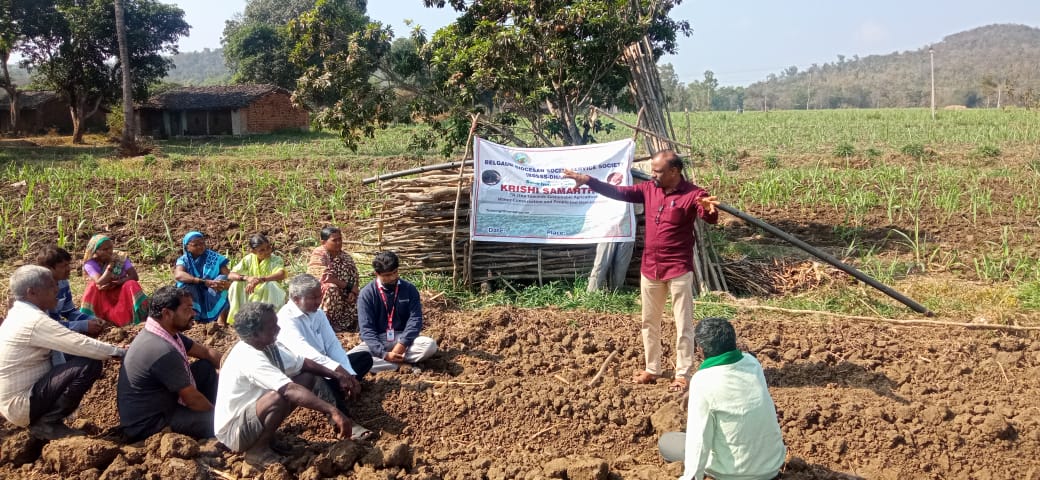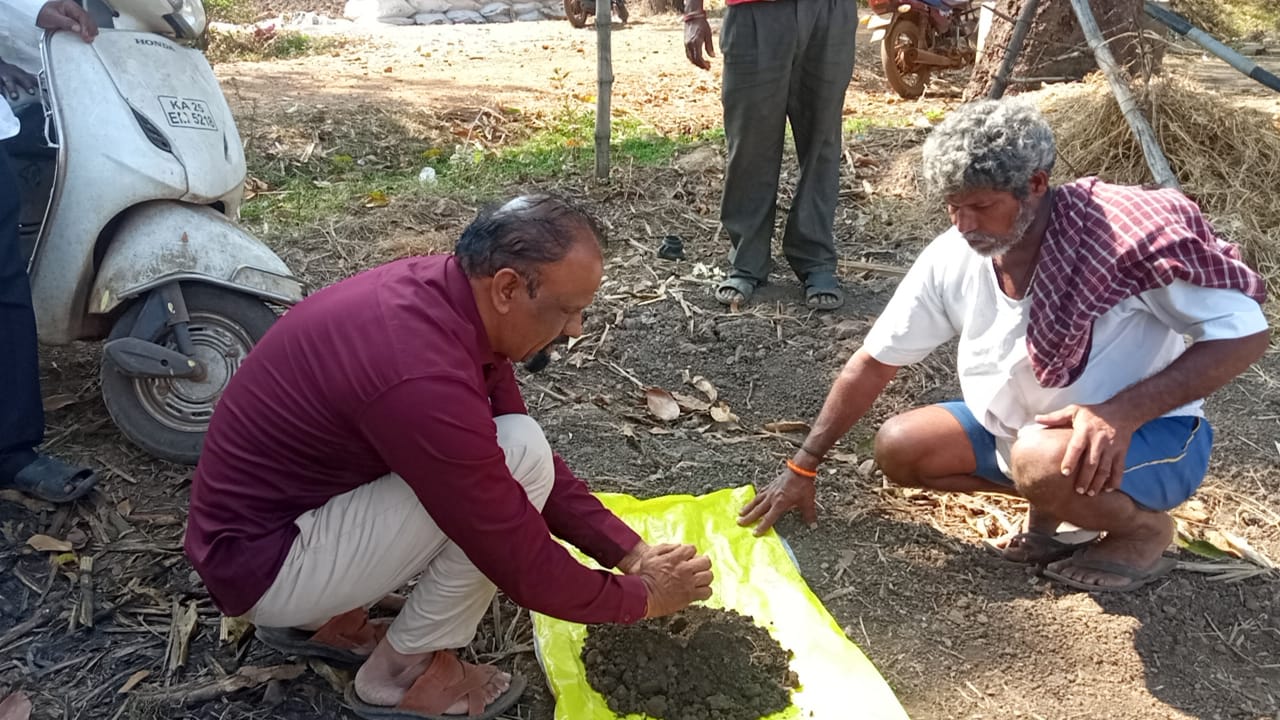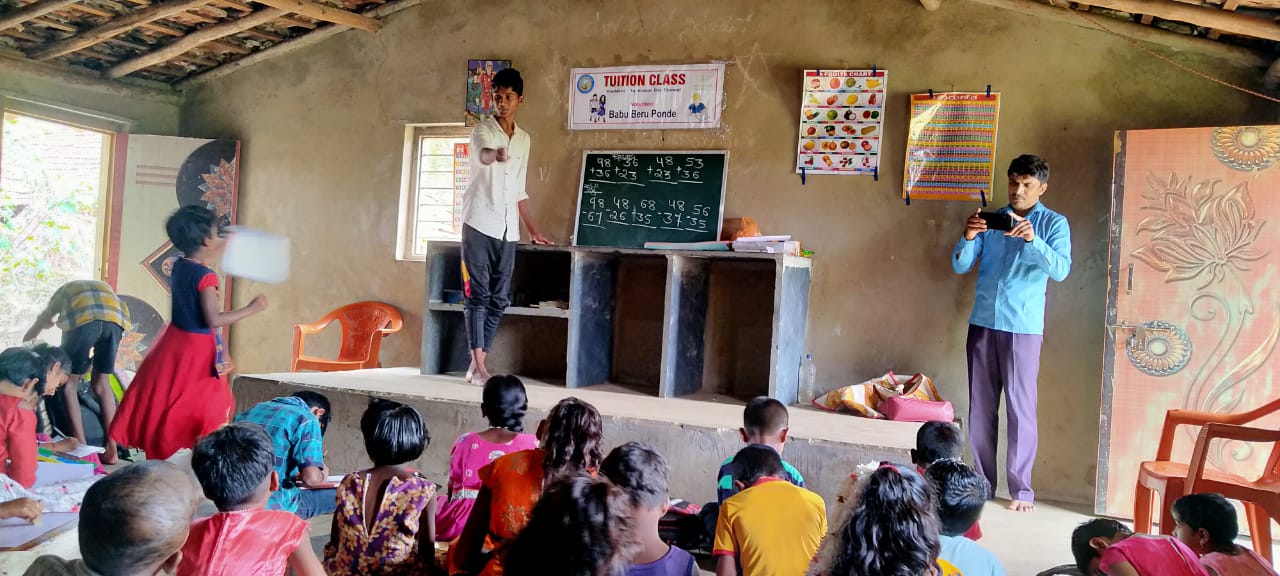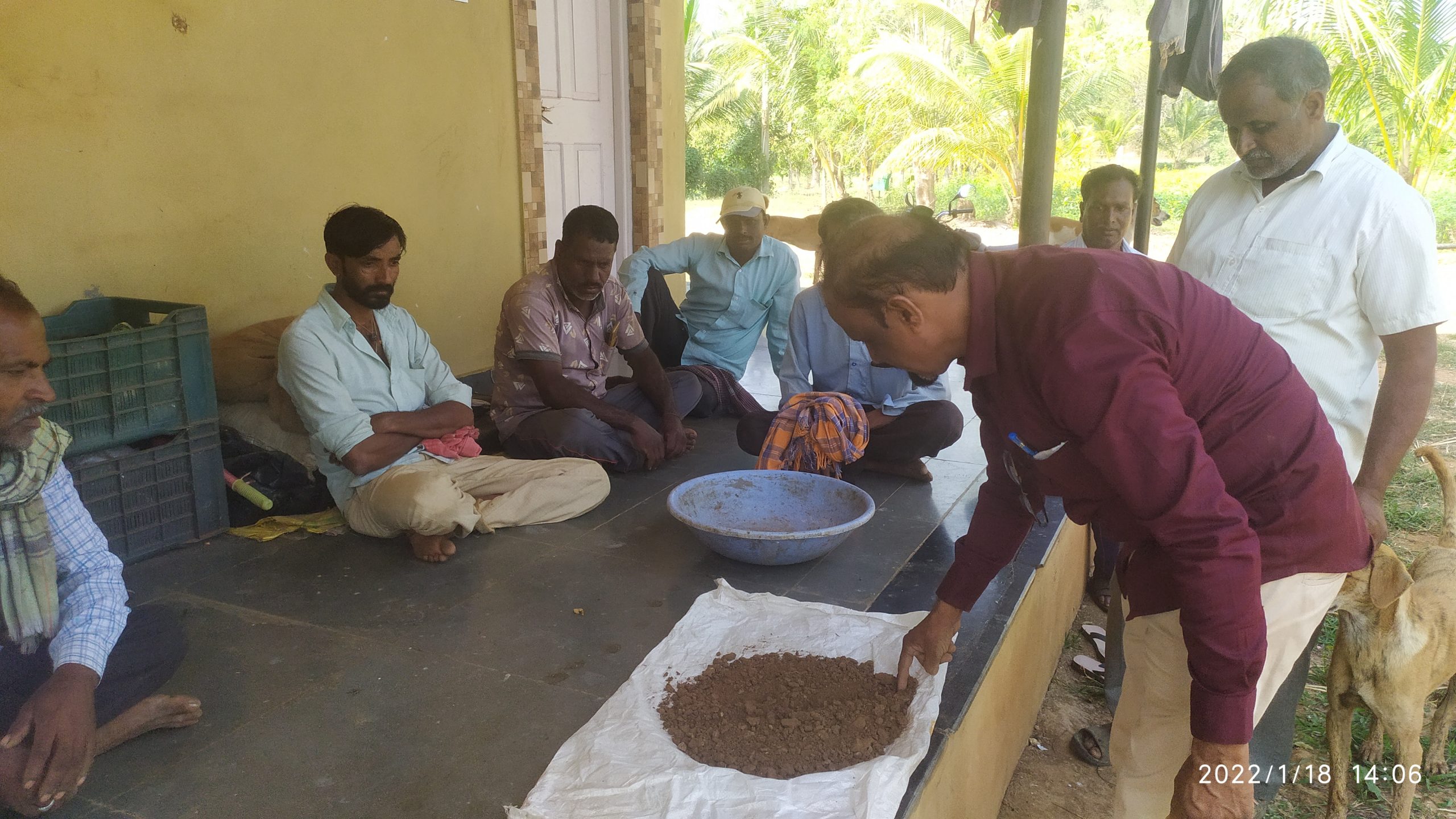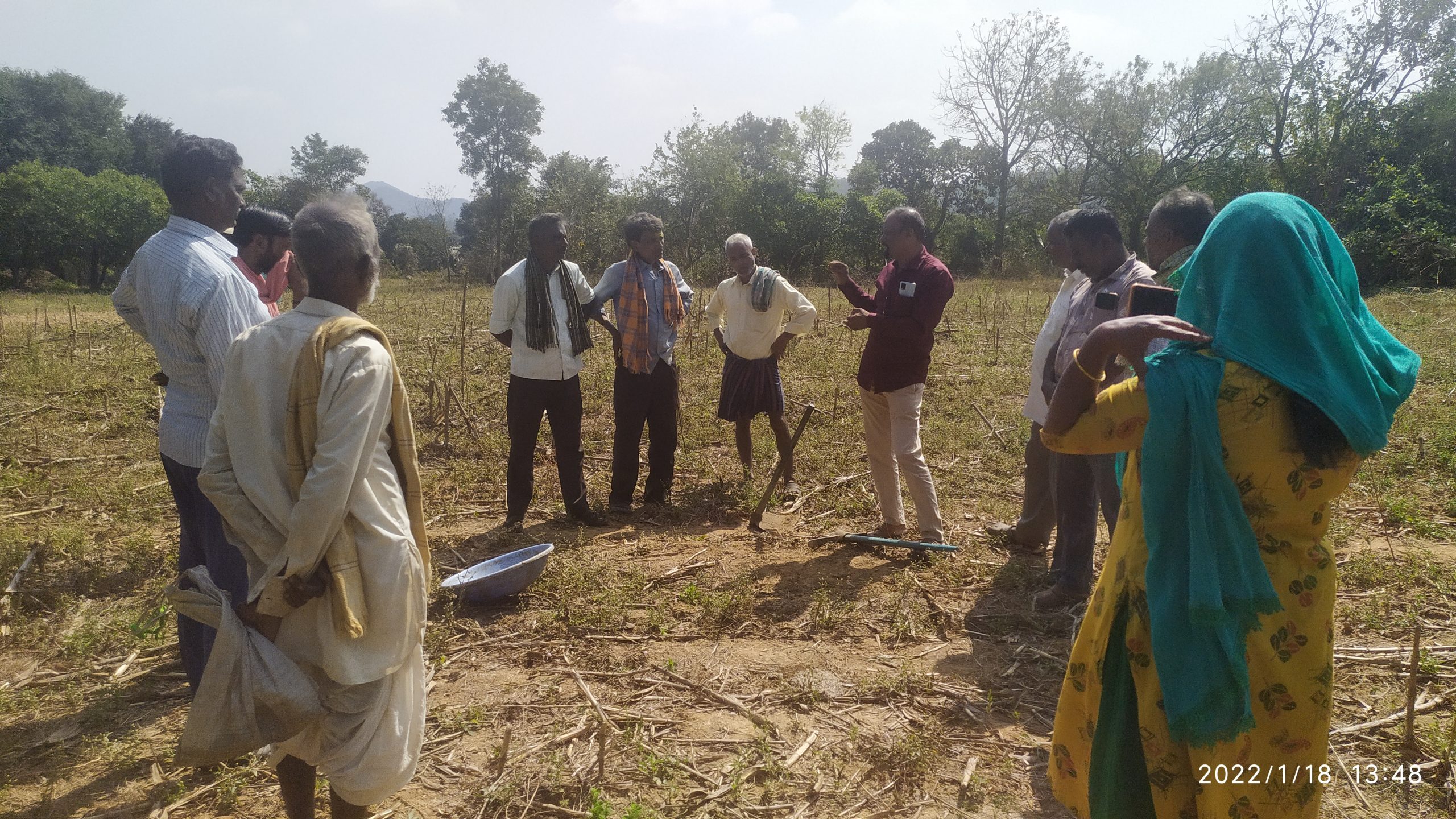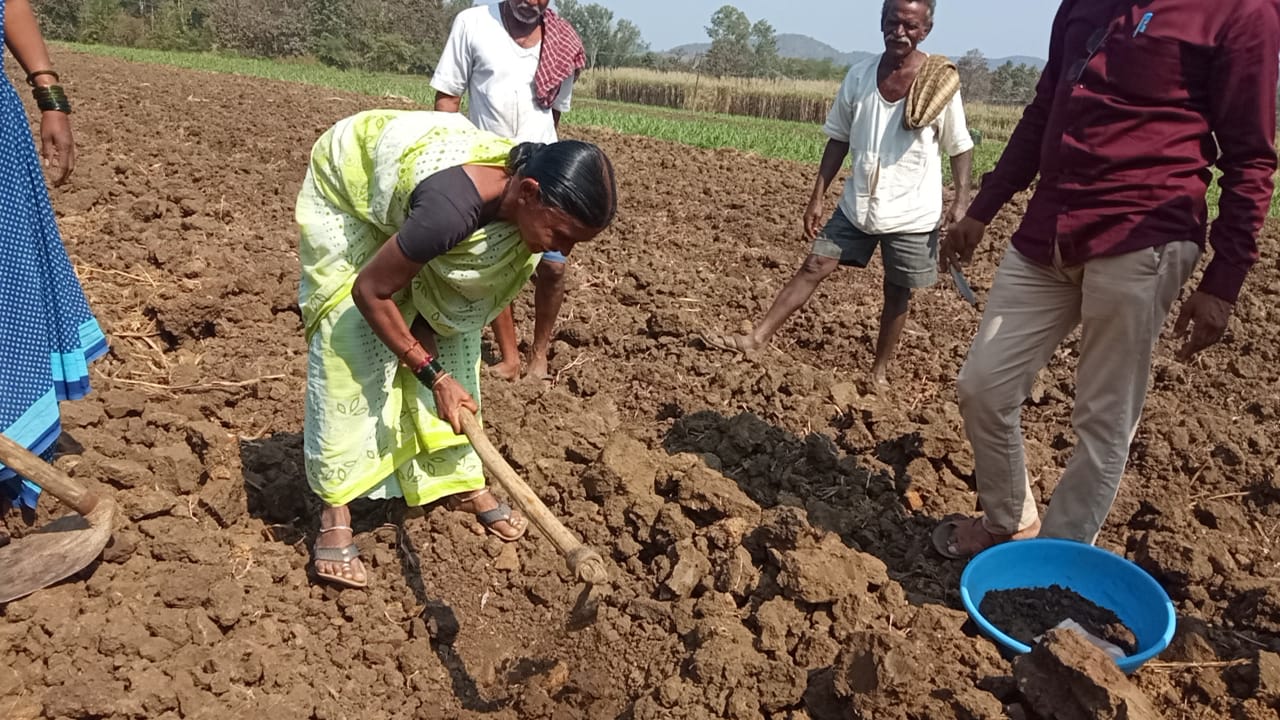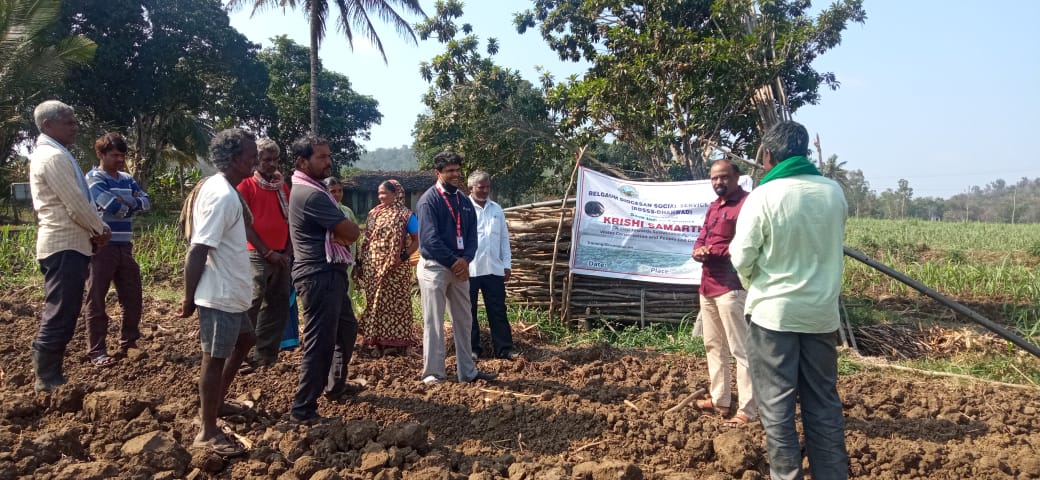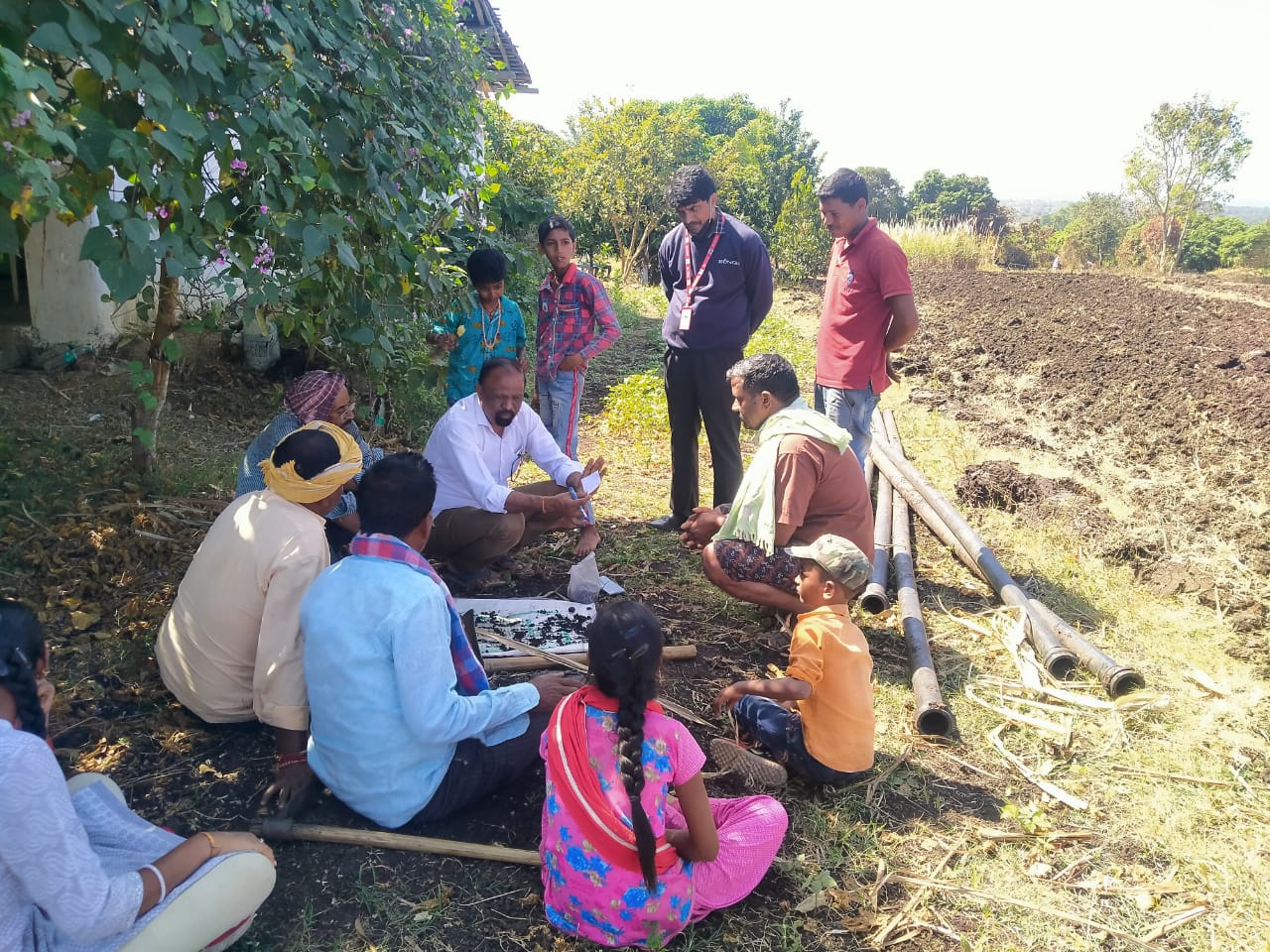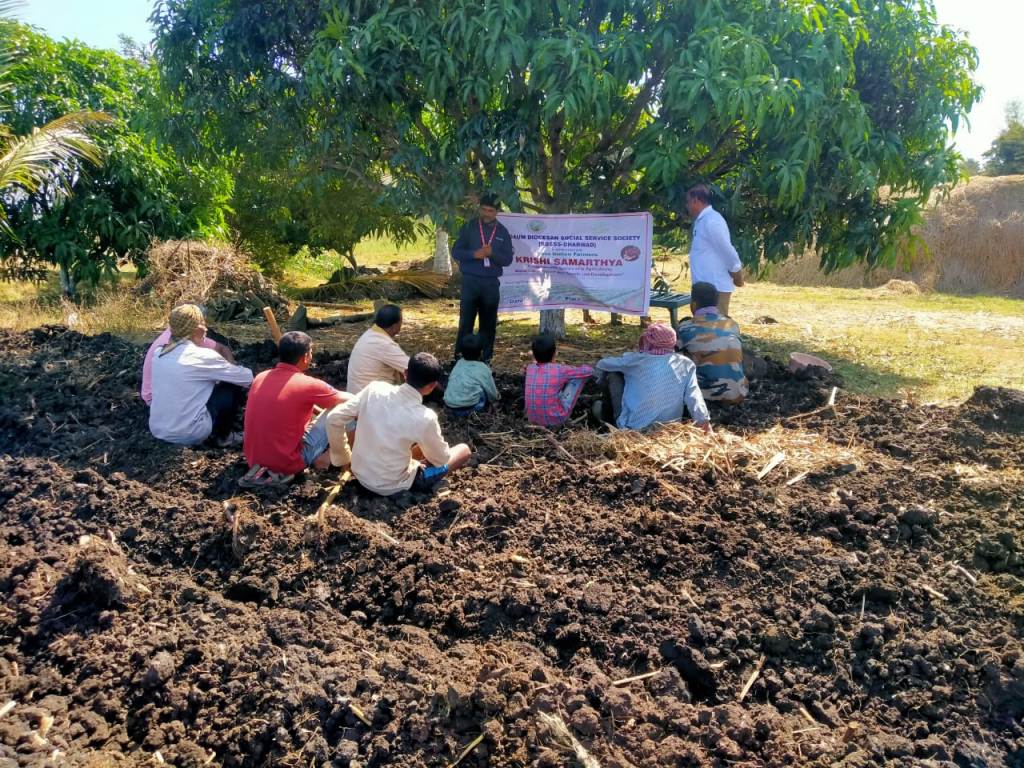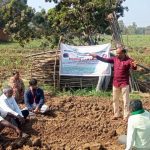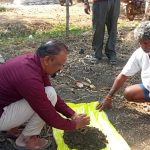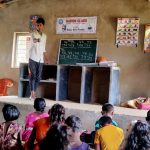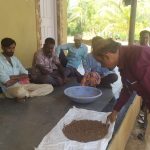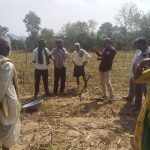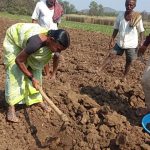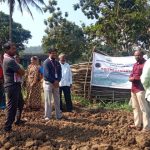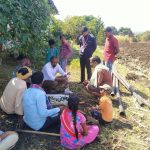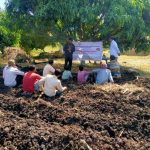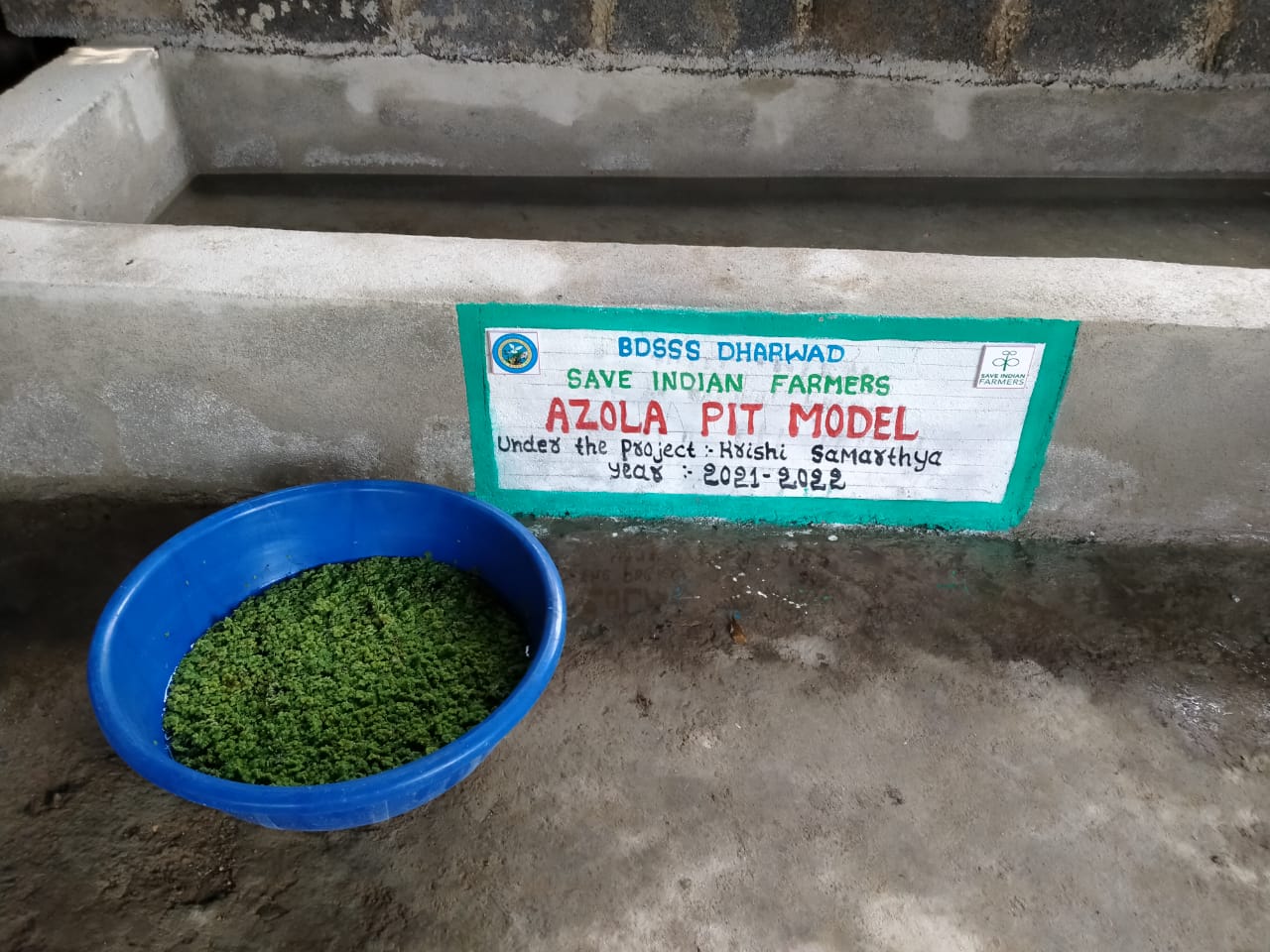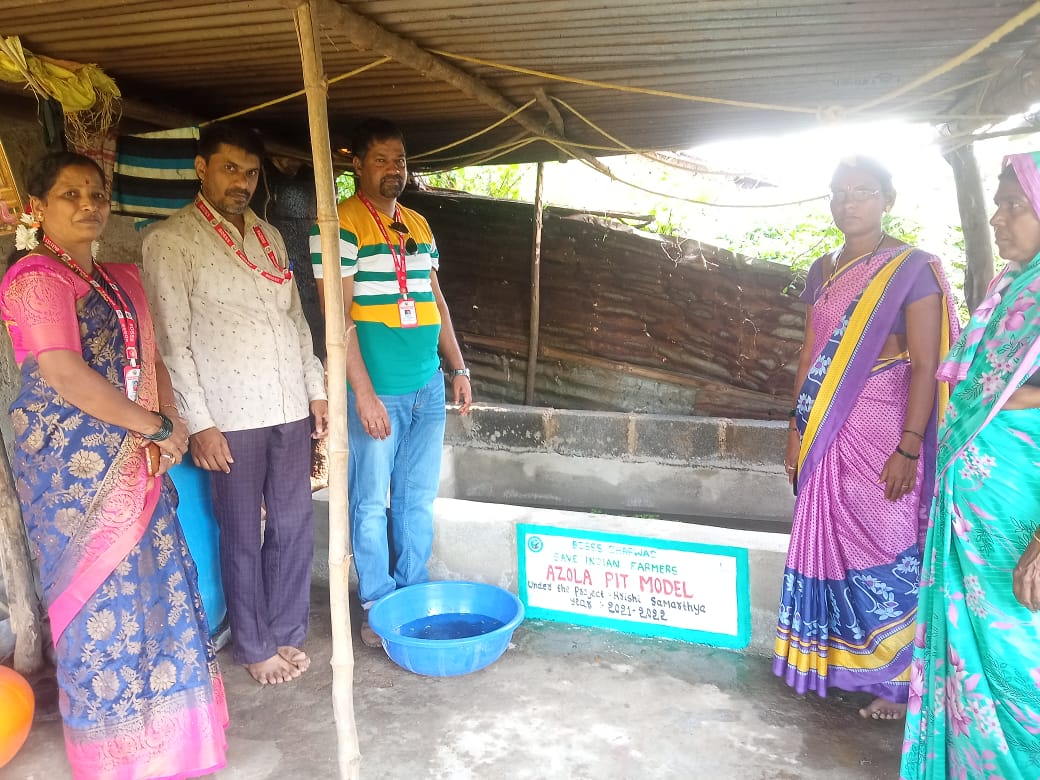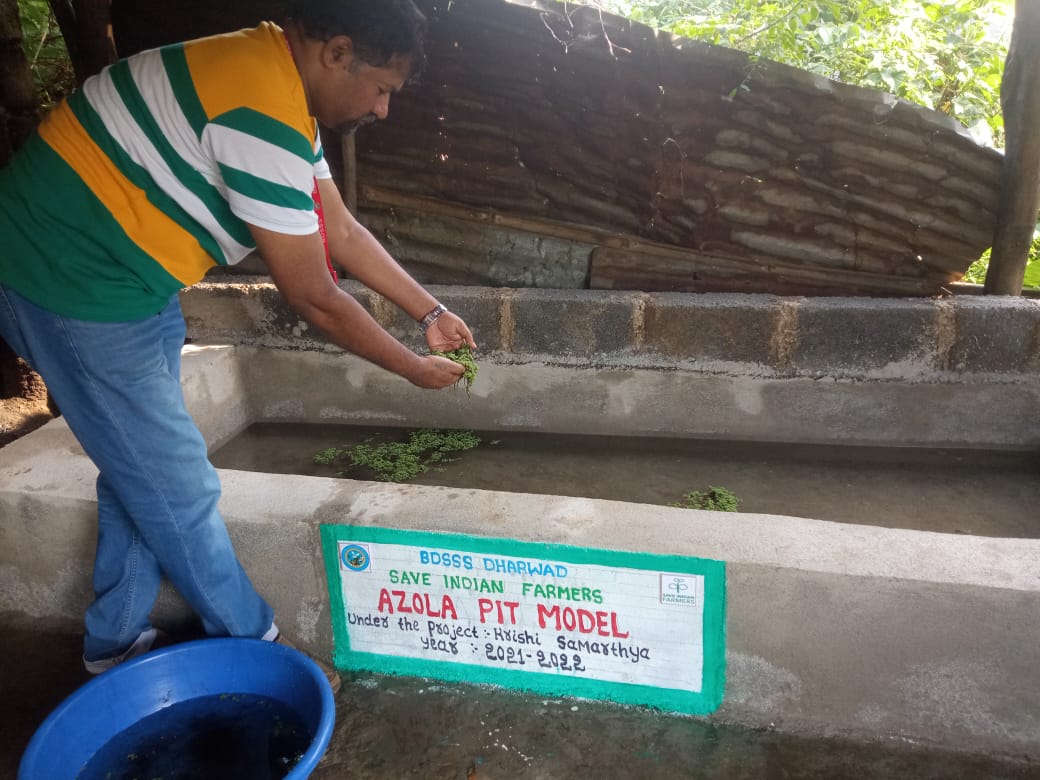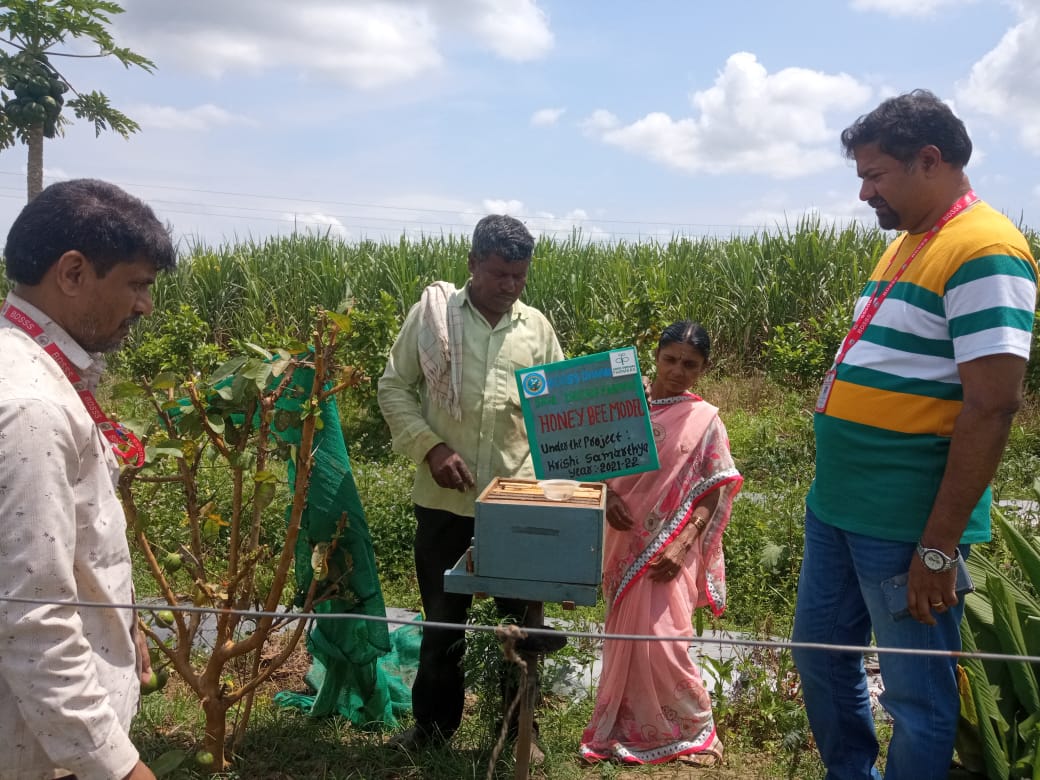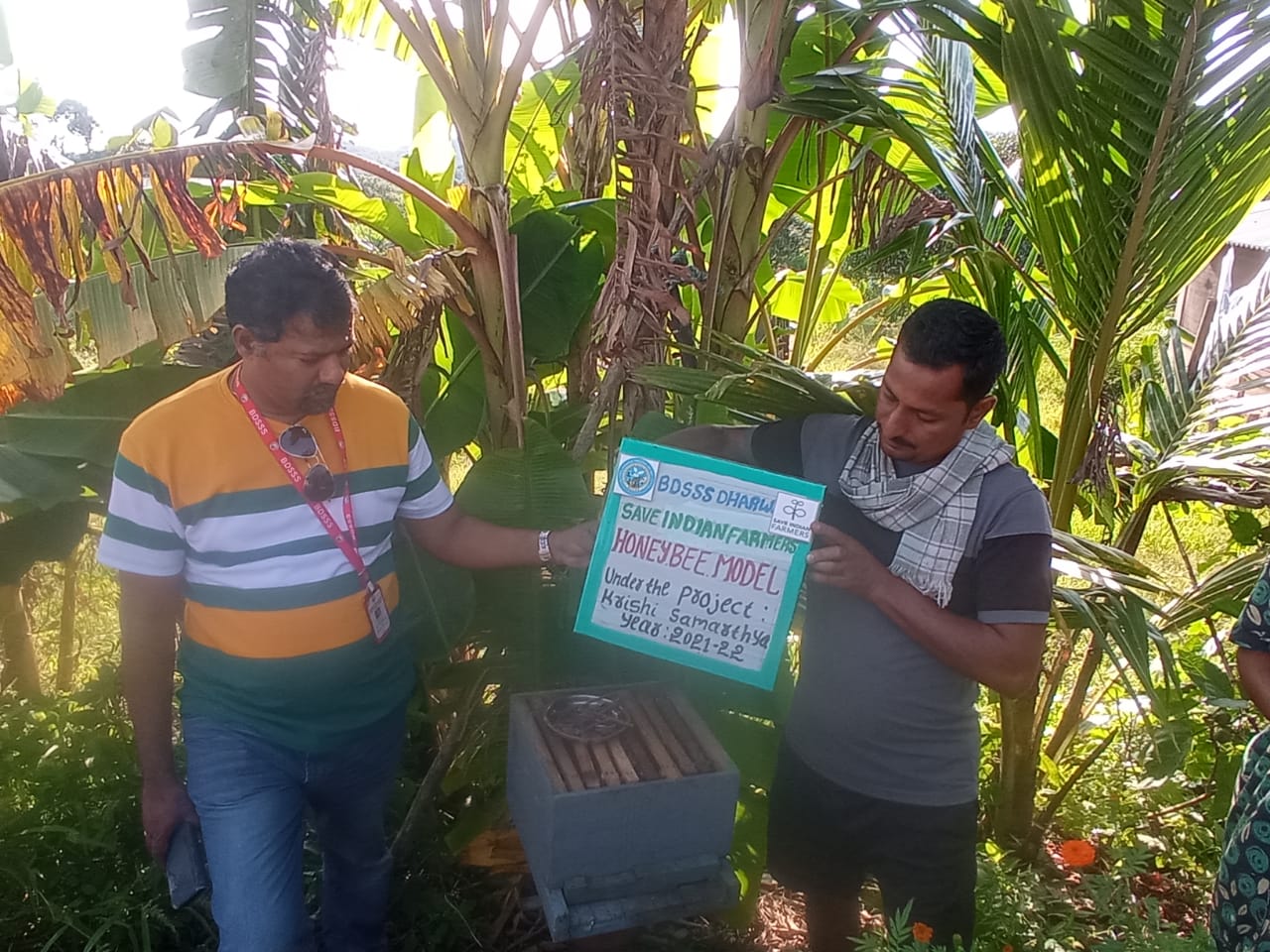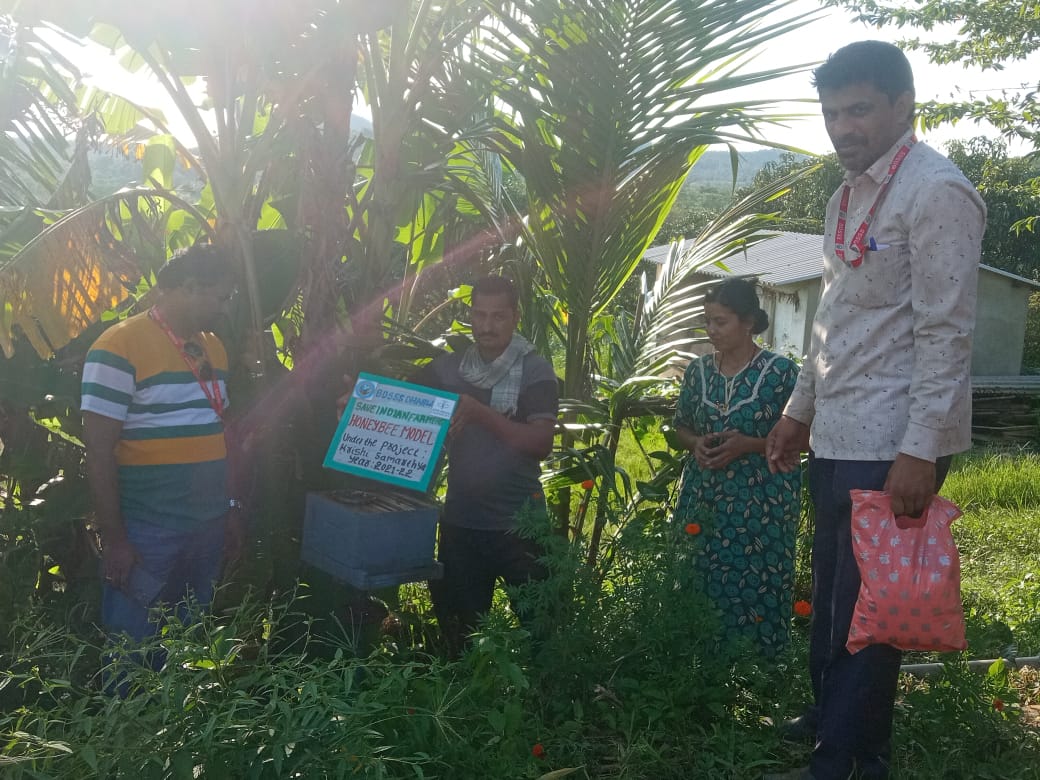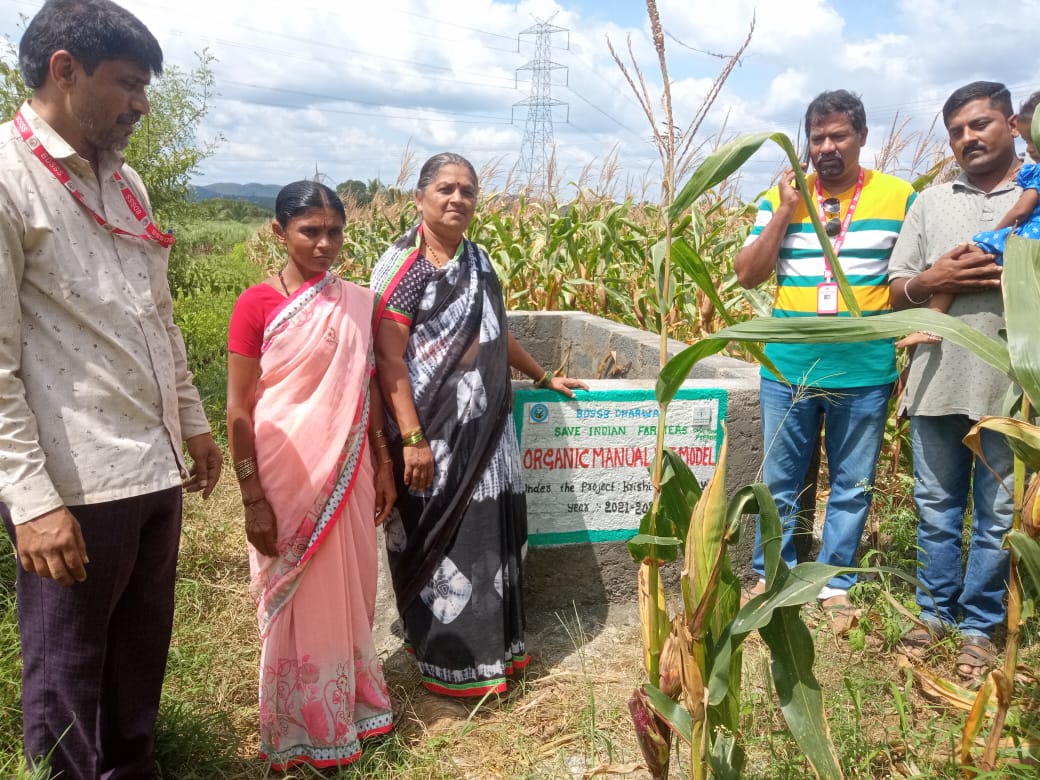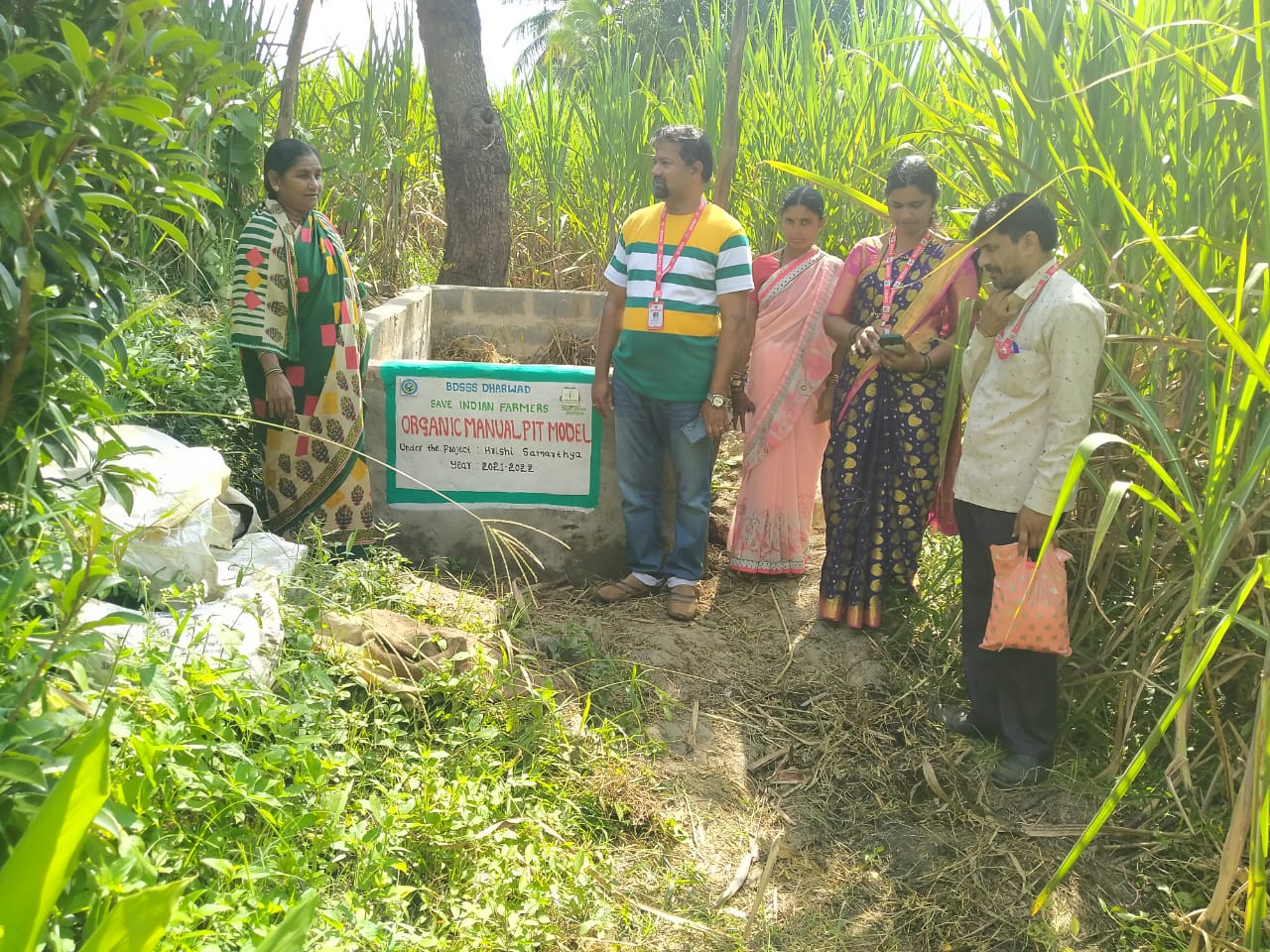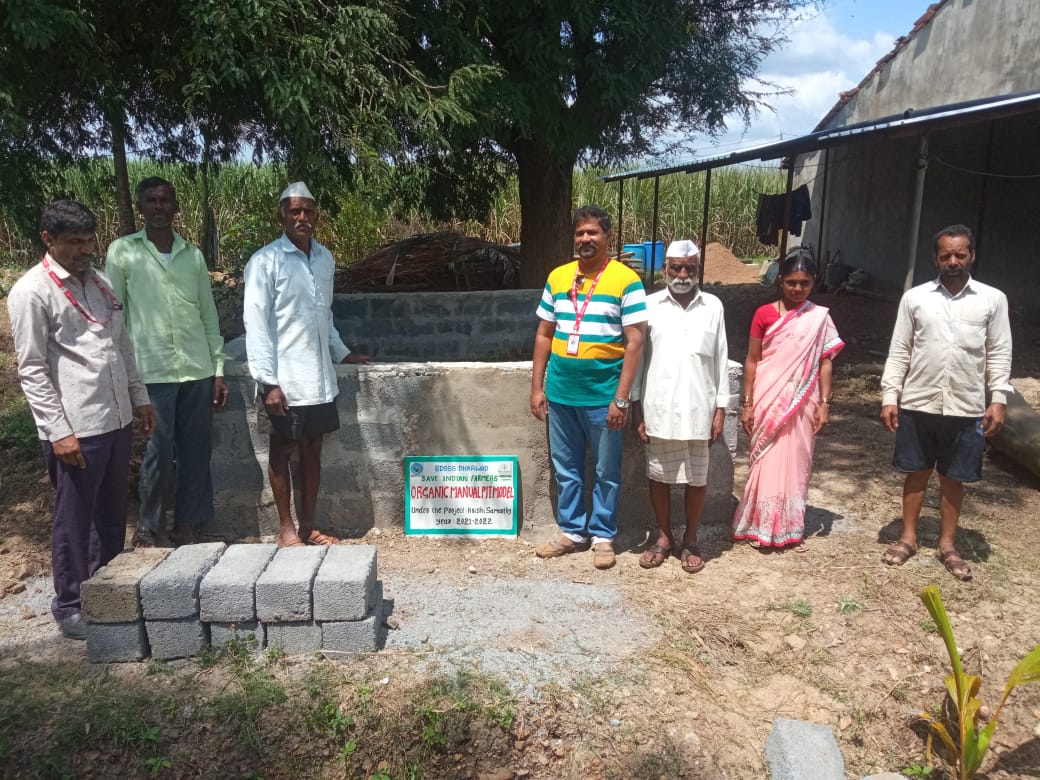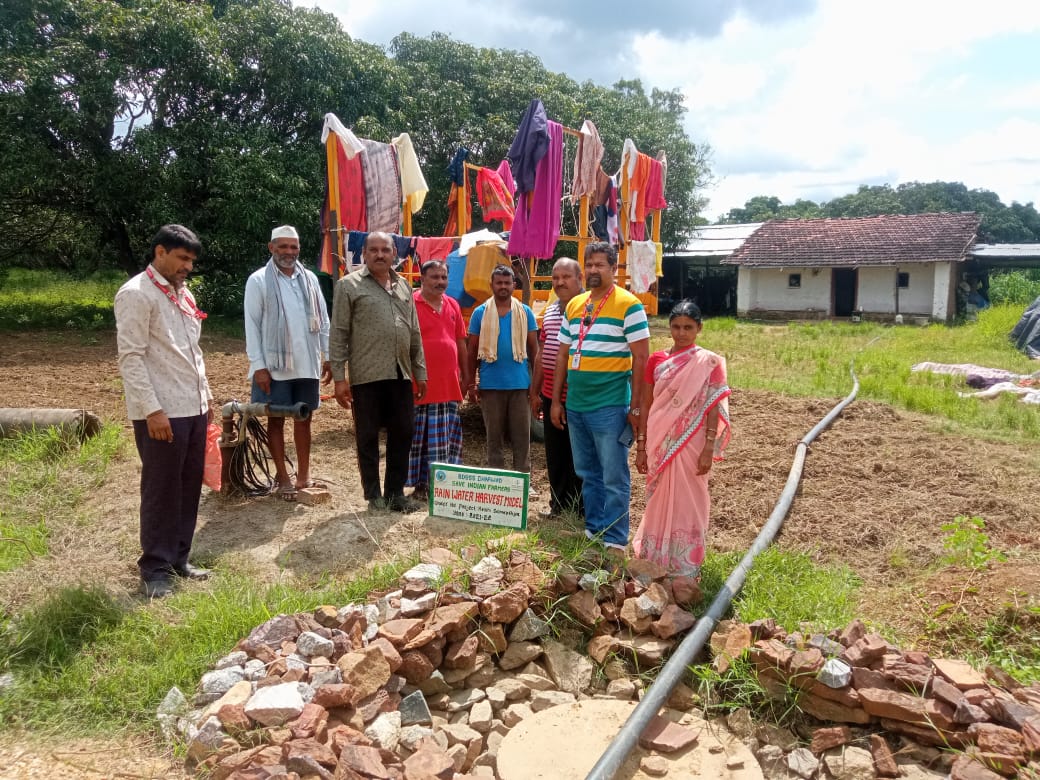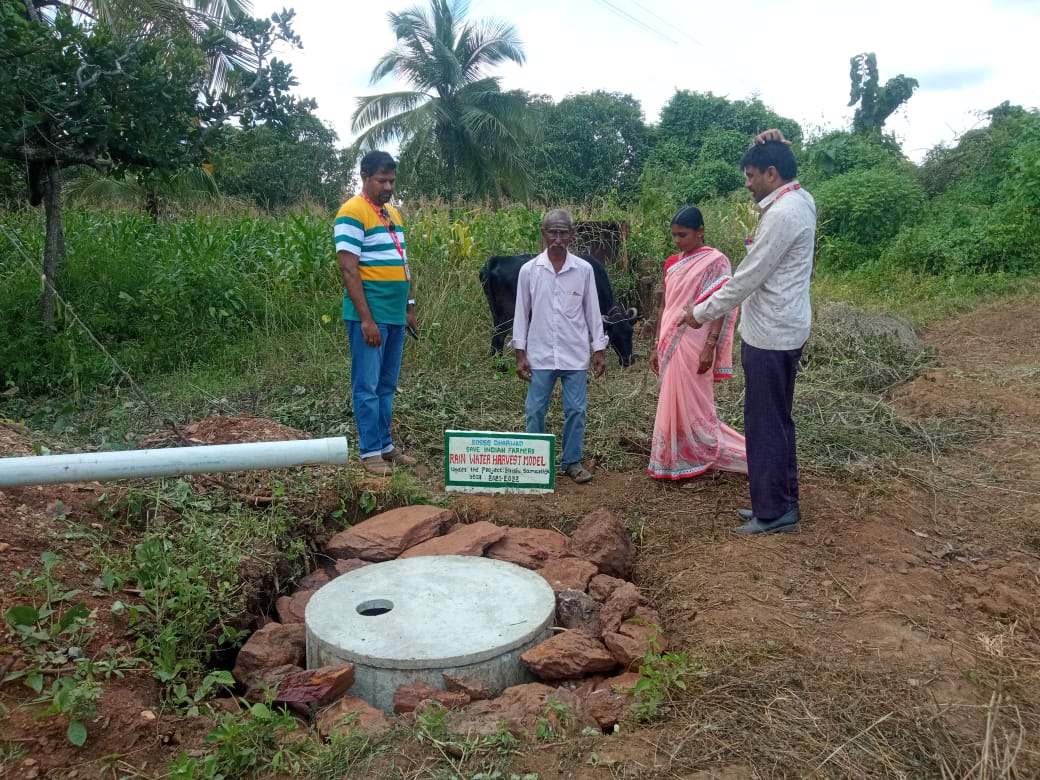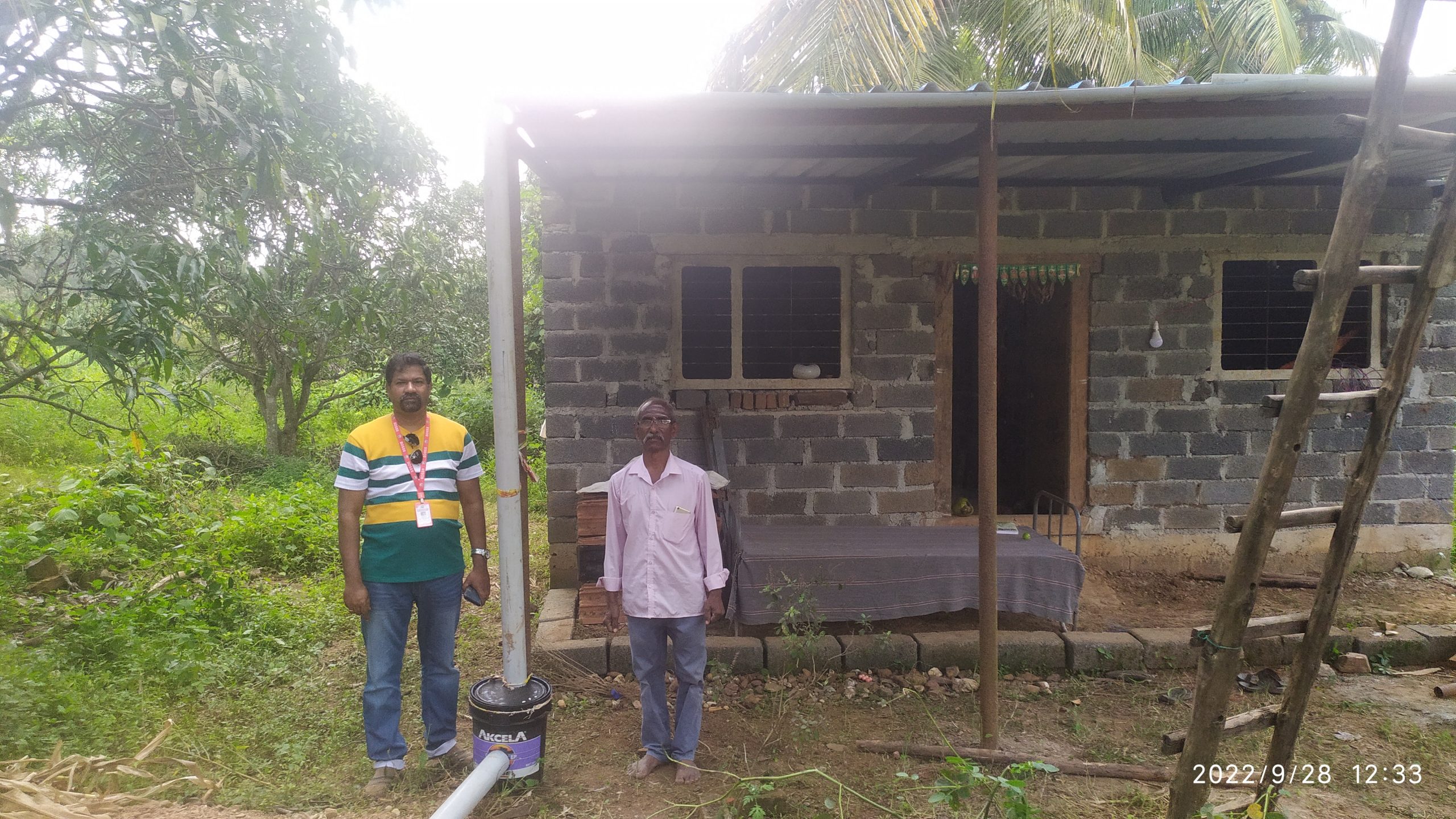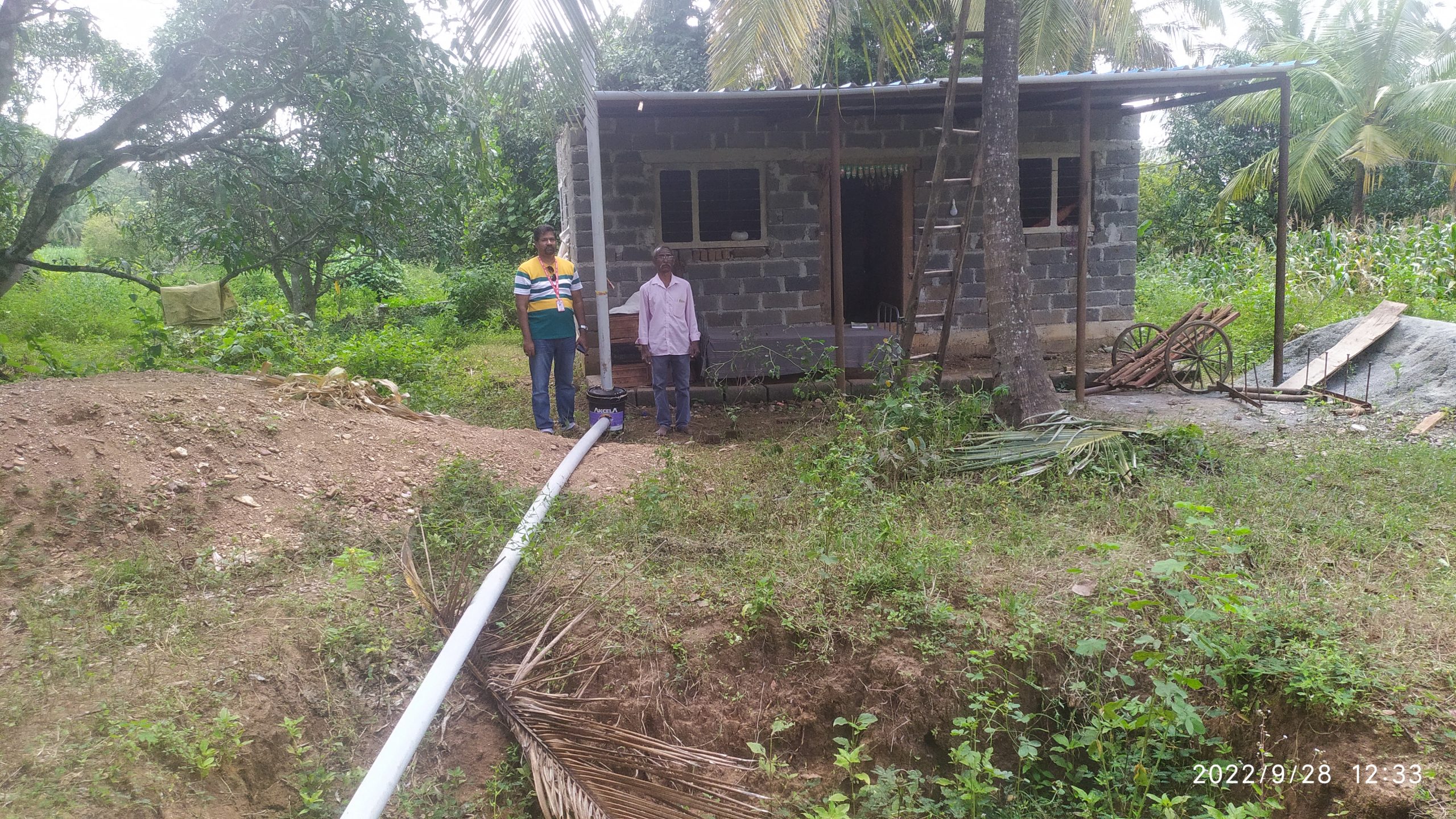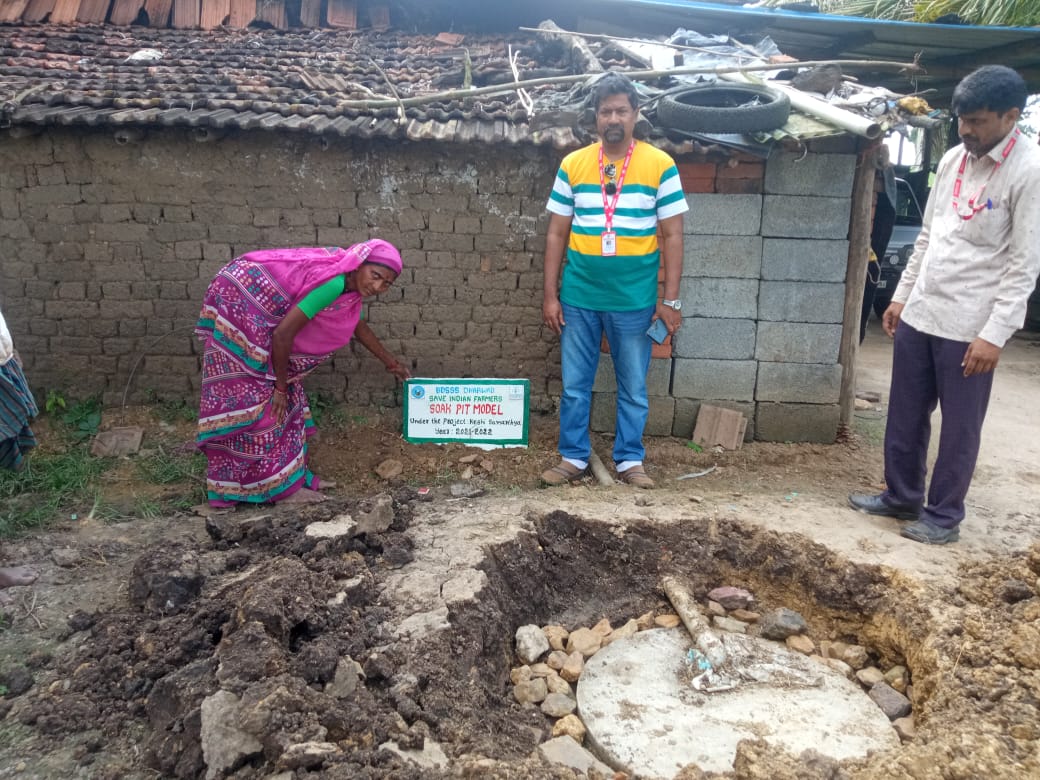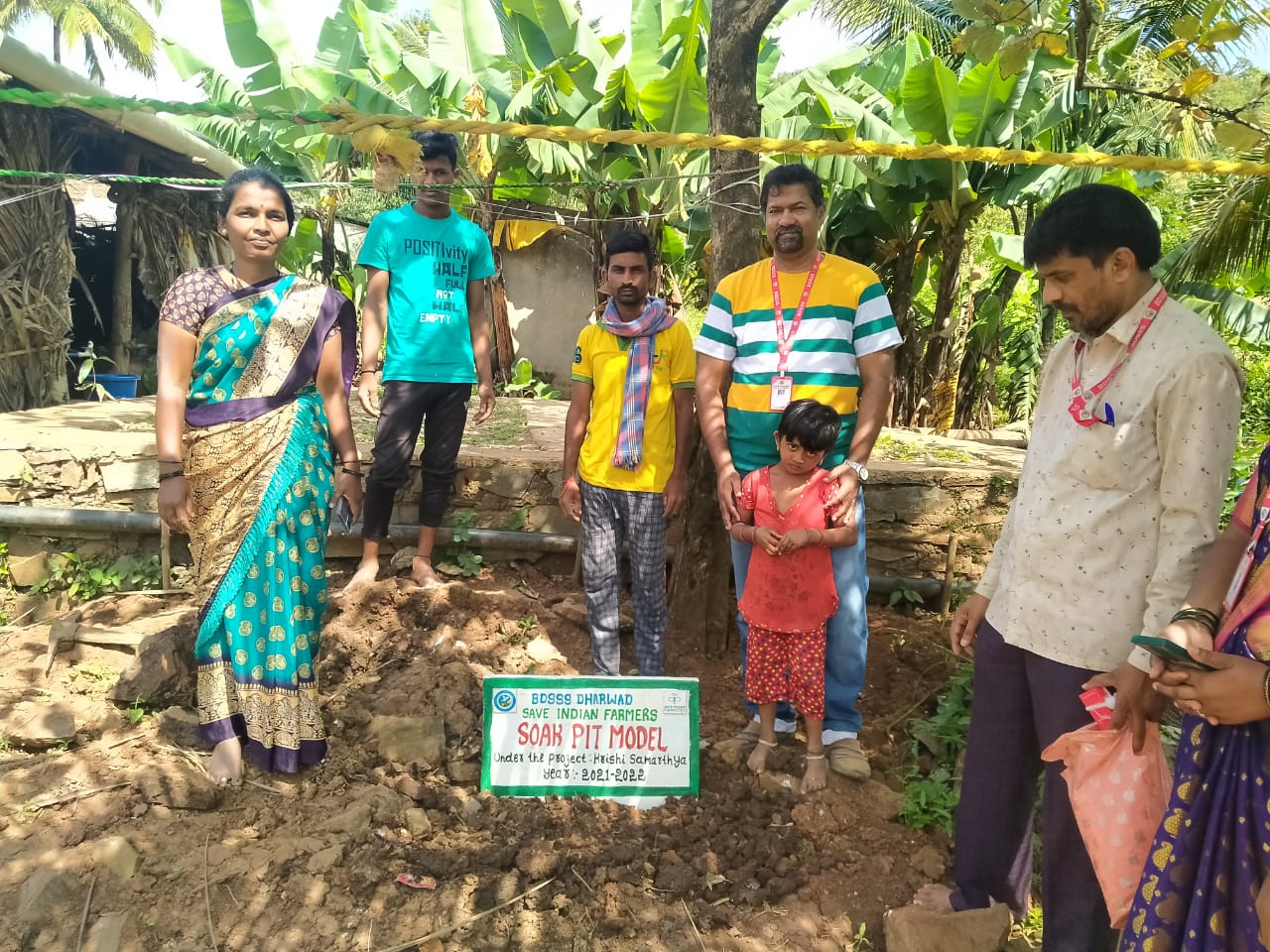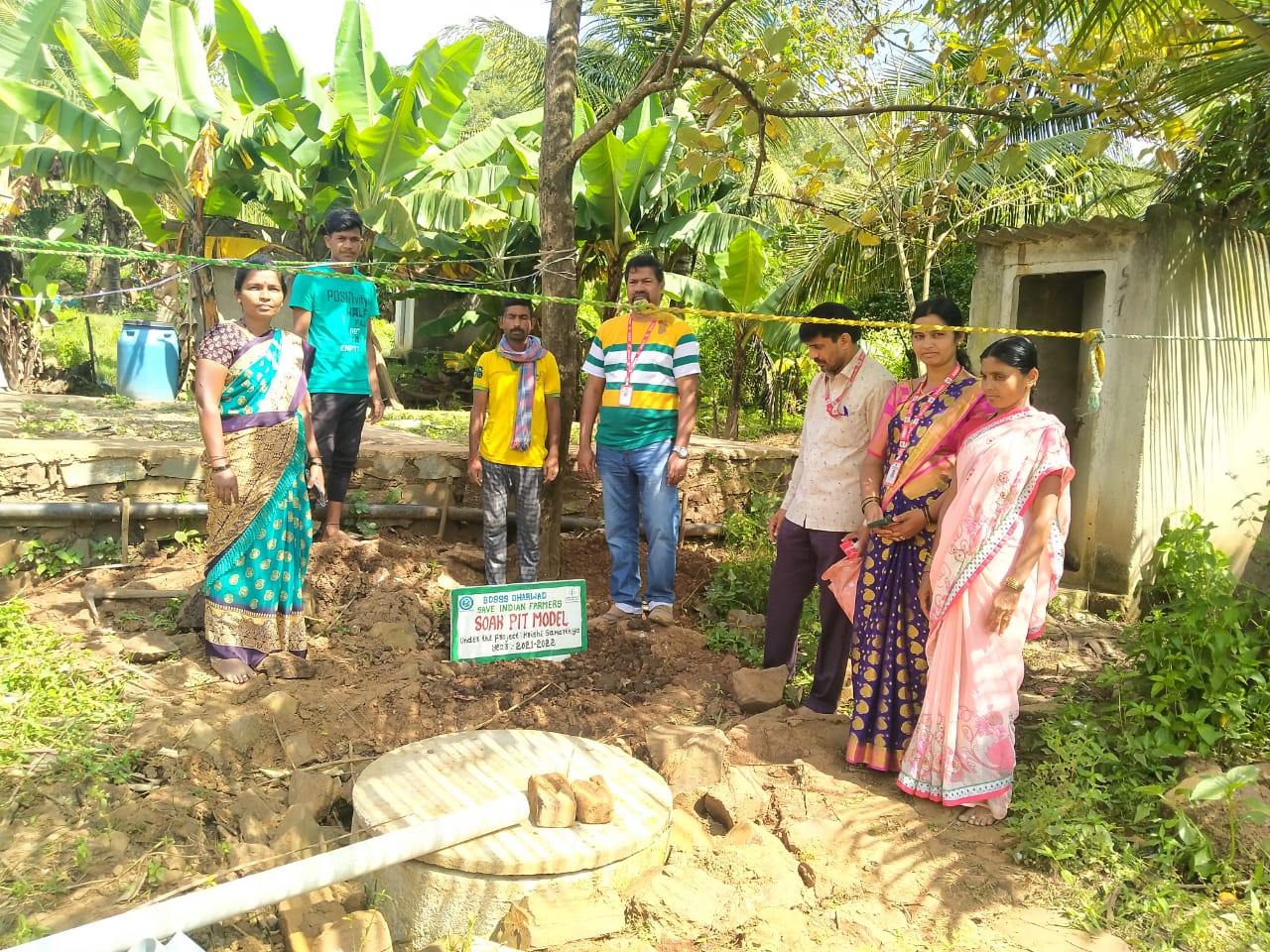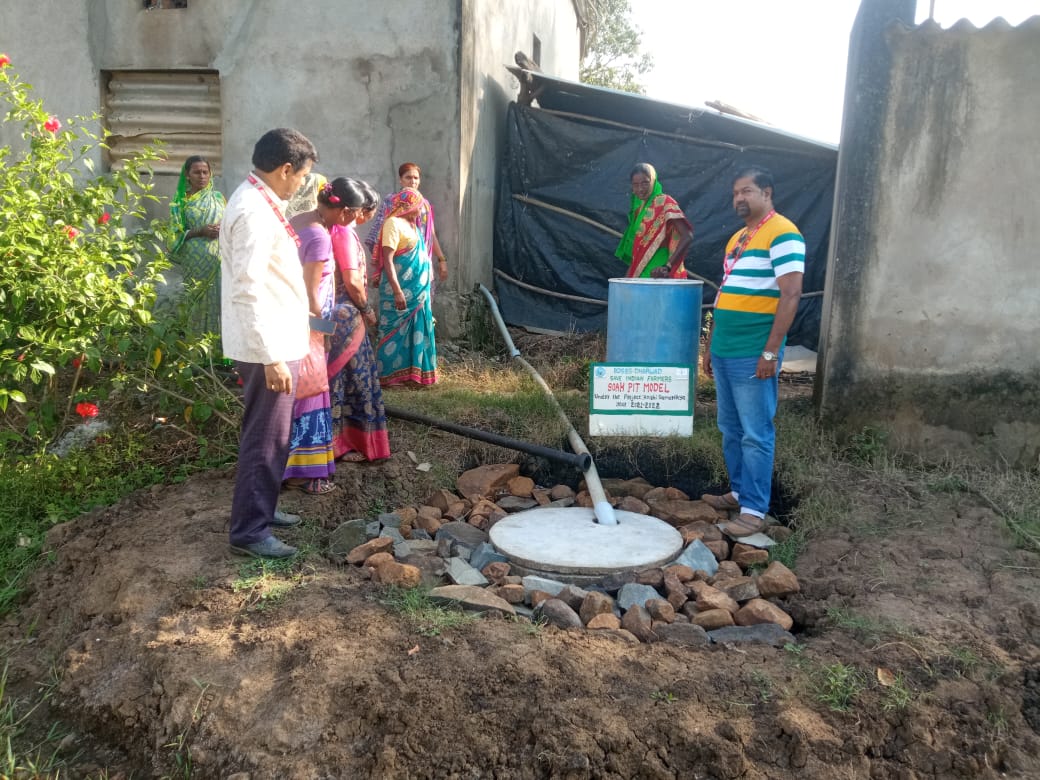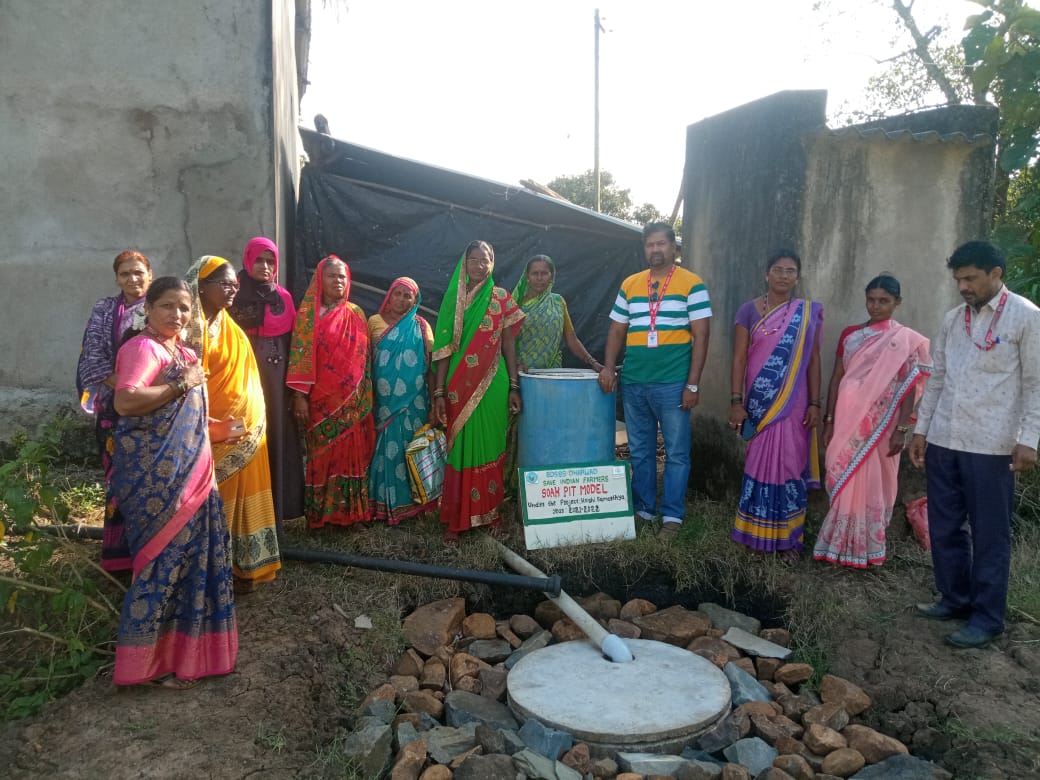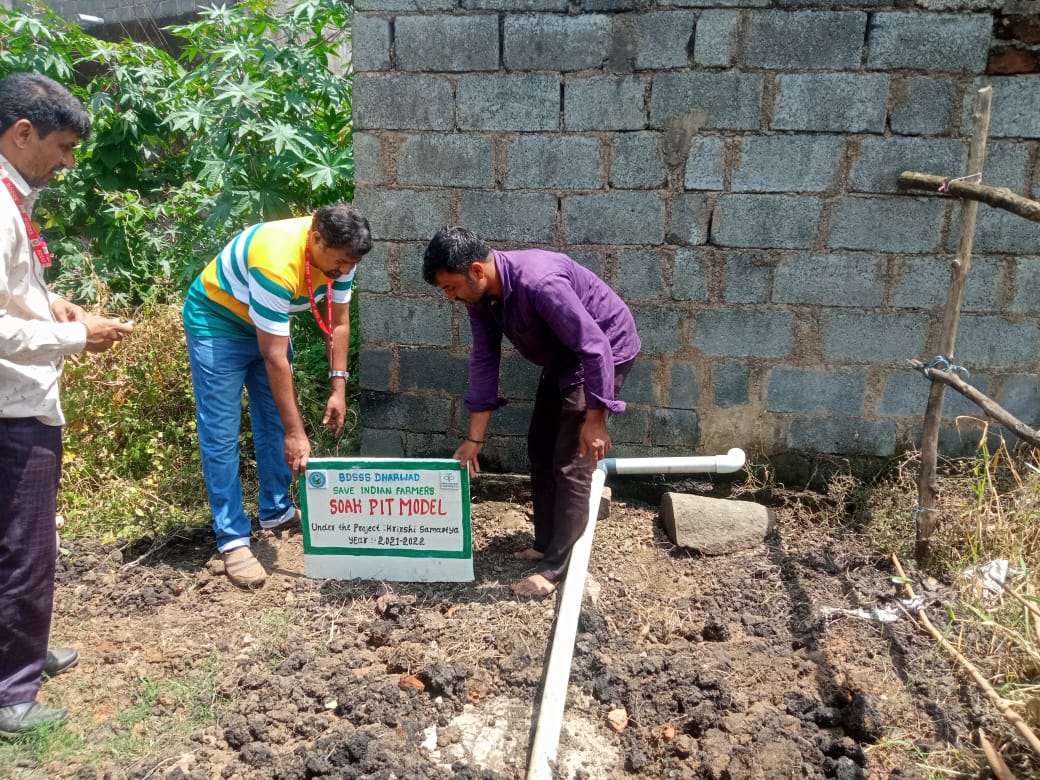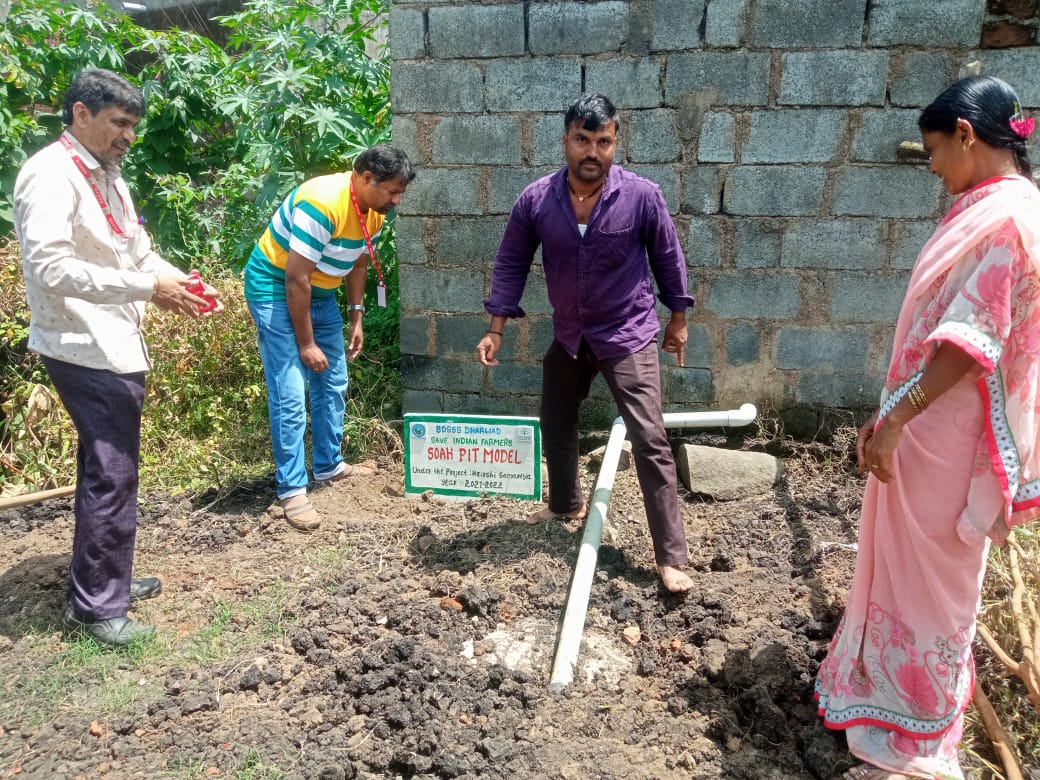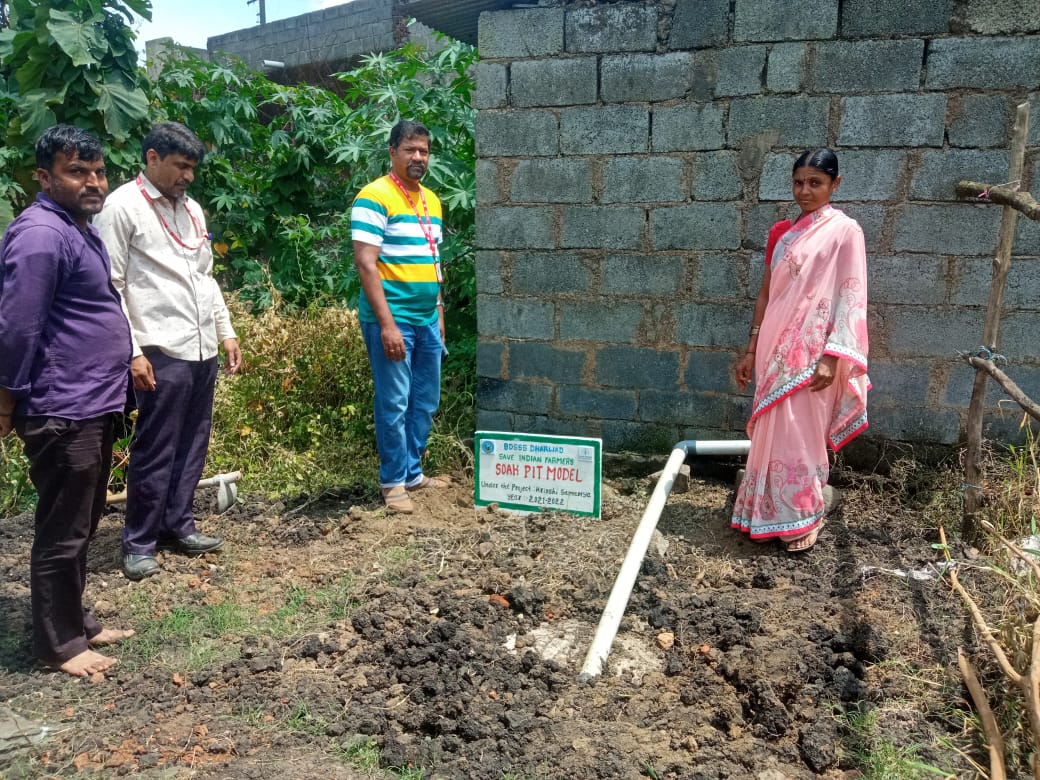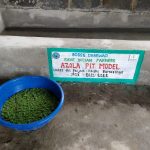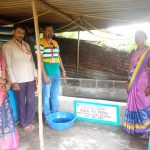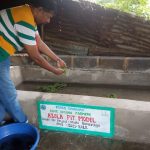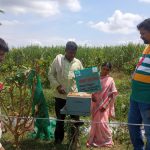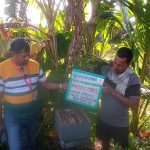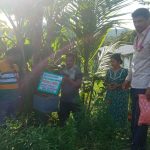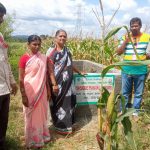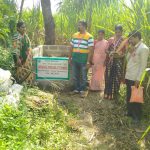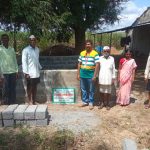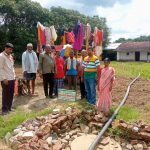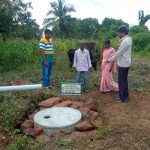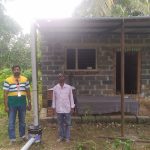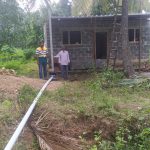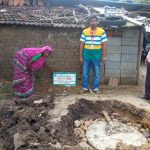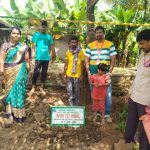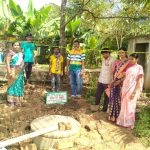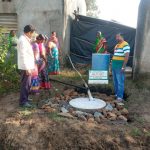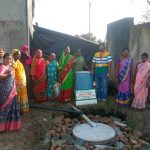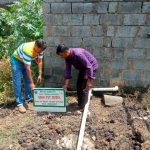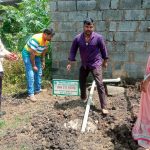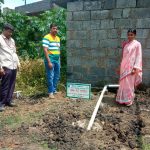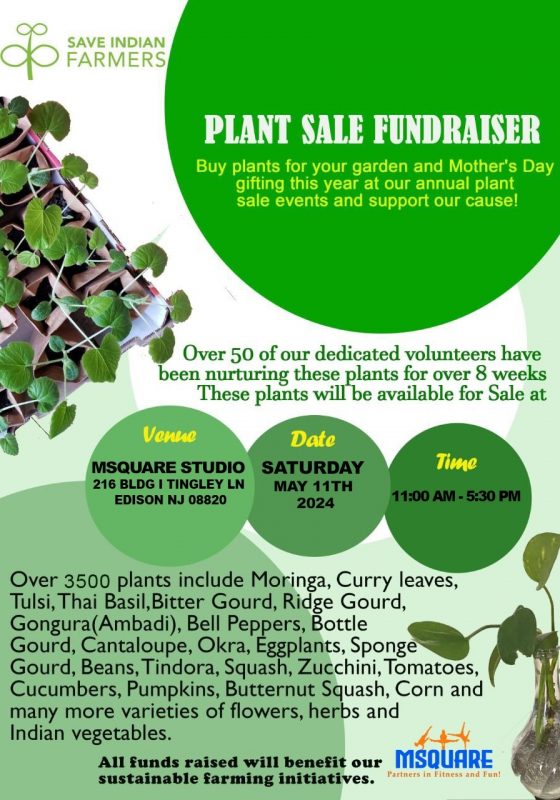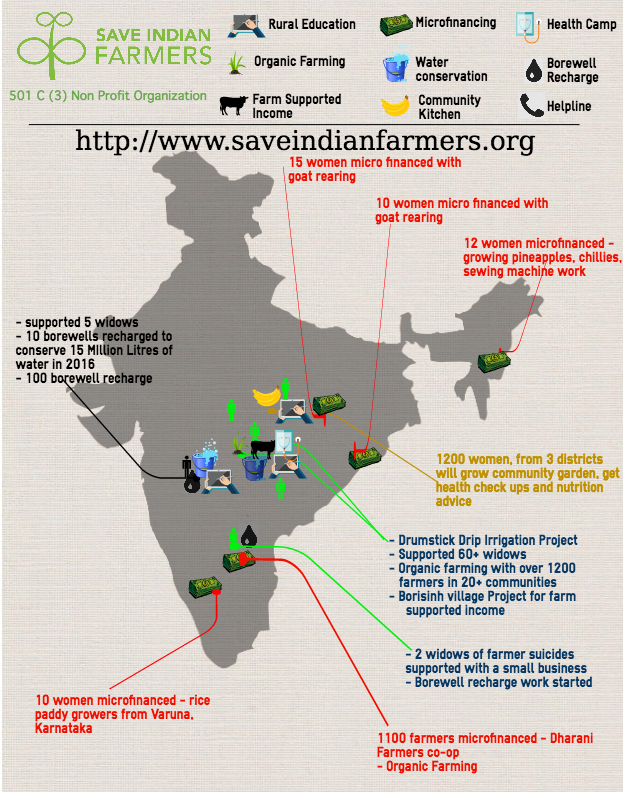Krishi Samarthya
Partner: BDSS
Region: Dharwad, Karnataka
Our Goal
The proposed project envisages establishing an ecosystem for small-time farmers to practice agriculture in a chemical and fertilizer free attitude and aptitude adhering to the norms of sustainable agriculture.
Our goal is to enable Community Empowerment through sustainable climate adoptive agriculture, enhanced economic conditions and leveraging of rights and entitlements.
Problems faced by farmers
Out of 900 families surveyed, 432 families are landless, who are working as seasonal agricultural labourers. 133 families are marginal farmers having less than one acre; 197 farmers have 1-2 acres, 111 with 3-5 acres and 27 having more than 5 and above acres of agricultural land. All these families are marginal farmers and low income from the agriculture, due to non scientific cultivation and they work in the land of big farmers as daily labourers. The average wages for men is Rs.300/- and women Rs.250/- per day. Low in land yeilding due to low fertility of the land due to regular use of chemical fertilizers, thus low income in the family.
Most of the landless labourers migrate to major towns/cities seeking to earn their livelihood. However, due to high demand of skilled labourers in towns/cities, the unskilled labourers remain unemployed and if at all they do earn occasionally they are unable to sustain their family members with a very low income. Migration results in the healthy family relationship going astray, affecting the education of the children, landing in slum area with poor health and hygiene, and risking their life to trafficking and prostitution due to poverty and unavoidable circumstances.
The problems in agriculture at the moment are primarily related to (a) labour availability and (b) inability to access markets for produce due to issues in transportation as well as operation of markets. Prices have collapsed due to either lack of market access including the stoppage of transportation and closure of borders.
Our Objectives
- To empower the rural and urban poor, slum dwellers, the unorganized people through a process of awareness creation.
- To enhance farmers’ income through sustainable agriculture and water management initiatives
- Organizing people’s Movement, so that they become self reliant in socio, economic, political and cultural spheres.
- To promote and facilitate integrated development particularly for the disadvantaged and weaker sections of the society.
- To empower women and make them self reliant and for a collective action by promoting saving and thrift activities.
- To promote community health and herbal medicine.
- To provide legal aid and educate the community on human rights.
- To rehabilitate the lepers and slum dwellers and promote cottage and small-scale industries.
- To promote Integrated Development for women, youth and children, and make use of the Government schemes and facilities for their development.
- Disaster Management and Risk Reduction.
- To form Children’s Clubs, especially of the non-school going children and develop their talents.
- To provide opportunity to the poor in gainful earning by Income Generation Activities.
Target Area & Beneficiaries
The proposed project will be implemented at 15 villages in 04 Gram panchayats of Alnavar Taluka of Dharwad District of Karnataka state. Out of Baseline Data, the intervention will directly work with 90 farmers in the pilot phase. The villages/settlements covered by the intervention are predominantly inhabited by backward classes including tribal and Dalits (backward communities which were once considered untouchables).
Scheduled Castes and tribes, lower caste Goulis constitute the majority of participant population of the 04 Gram Panchayats. Apart from the demographic composition, the economic standing of the community also assumes significance. 1500 Families of total population belongs to Below Poverty Line (BPL) and therefore, belongs at the bottom of the social pyramid.
SIF Initiatives
- Interface meeting with panchayat officials and members on various Govt. schemes and Orientation programme on Govt. schemes
- Training on organic farming at village level (Organic Manure, Organic Growth promoters, Organic Pest repellent, Organic Pesticides, Soil Health Management, etc)
- Community based learning and experience exchange (exposure), Orientation and Training on EAP and EDP and model creation on Alternative Livelihood
- Training on kitchen gardening, distribution of kitchen garden seeds to the beneficiaries and promotion of local market for vegetables
- Trainings to staff and volunteers on grey water treatment, soil and water conservation, environment protection, food sovereignty and staff capacity building on Participatory Action Research – including volunteers.
- Creation of a Village Information Centre (VIC) to disseminate information, education and communication for agro and non-agro needs of the farmers
- Creation of women thrift unions – SHGs and Child Rights Group (CRG) for financial inclusion and addressing child right violation respectively
- Orientation of the Project Components to Staff of BDSSS, Training on Documentation, Water Conservation, Food Sovereignty, PLD/PLE/PLDA, Leadership, Result Based management, Rights Based Approach, Right to Information Act, Communication skills and Personality development, Integrated Family Farming, Monthly, half yearly and yearly Staff Review Meetings
Our Progress so far
- A total of 15 children clubs have been set up to provide basic education. Additionally, there is emphasis on exposing these young minds to simple & effective agricultural techniques.
- Project was planned for 90 farmers, we accepted 98 and there are 25 more eager to be included.
- There is also increased interest for water conservation, alternate livelihood & rainforest harvesting models.
SIF has worked relentlessly to educate the farmers in organic farming, organic pesticides, organic manure, medicinal herbs and home-based kitchen gardening. The latter is actively being used by locals to grow their own produce in their backyard and thus keep living expenses low. SIF & partner’s efforts have been recognized by University of Dharwad and they have come forward with seed and sapling donations.
Key Performance Indicators (KPIs)
- 90 small time farmers incept sustainable ways of farming through organic and multi-cropping systems
- 6 livelihood model creations as alternative livelihood options for smalltime farmers such as Pollution free poultry farming (PFPF), Vermin Compost, honeybee, Azolla, etc.
- 15 Soak pits as means of treating grey water and enhancing groundwater levels
- Inception of 1 Village Information Centre (VIC) as a one-stop-shop for agro and non-agro needs of the community
- Micro credit for the SHGs and creation of a Child Rights Group (CRG)
Highlights and achievements for Phase I – 2022
We selected a few small farmers from the 90 farmers mentioned in the project. After dedicated work hours from the Krishi Samarthya staff, 16 models were completed. Out of these 16 models, 5 are exclusively made for women farmers. (See the details below.)
60 acres were changed to use organic farming. First yield is not drastically different, however operational cost is substantially lower so the feedback is very positive. Popular crops are Corn, veggies, and jowar.
- Three Organic pits were completed in Amboli, Benachi and Chandargiri villages.
- One PFPF is under construction. The delay happened due to incessant rains in the project area.
- Azola pit completed in Hindusgeri village. 2 Honey farming Units are done in Honnapur village and Kogilageri
- Rainwater Harvesting Structure – 3 structures are done in three villages – Amboli, Benachi and Chandargiri.
- Total 6 Soak pits are complete in Chandargiri, Honnapur, Dori, Hindusgeri and Kogilageri villages.

